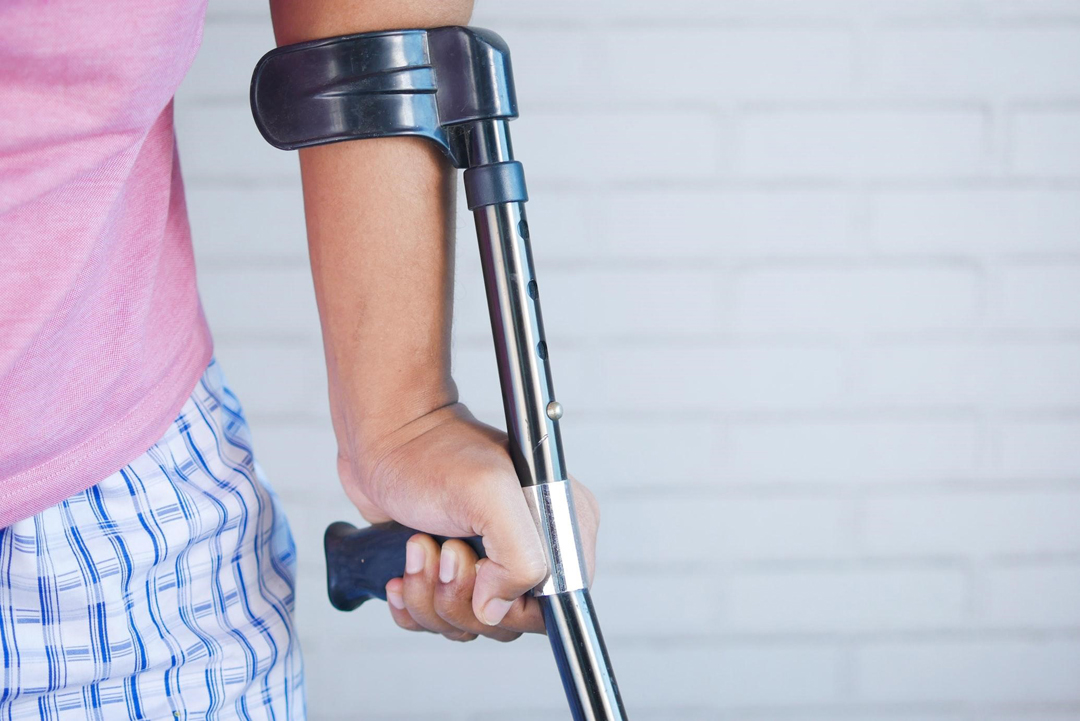
Seek Immediate Medical Attention
The first and foremost concern after a personal injury is your health. Even if the injury seems minor at first, it’s essential to seek immediate medical attention. Sometimes, internal injuries or delayed symptoms may not be apparent right away. Visiting a doctor ensures that your injuries are properly diagnosed and treated, preventing potential complications down the line. Medical records also play a significant role if you decide to pursue a legal claim later on.
Document the Scene and Gather Evidence
Preserving evidence from the scene of the accident can significantly strengthen your case if you choose to pursue legal action. Use your smartphone to take photos and videos of the accident site, your injuries, and any property damage. If there were witnesses, try to obtain their contact information, as their statements could provide valuable testimony.
File an Accident Report
Depending on the type of accident, you may need to file an accident report with the appropriate authorities. For car accidents, contact the police and ensure an official report is filed. If you slipped and fell in a public place, report the incident to the property owner or manager and ask for a copy of their incident report. These documents can serve as vital evidence in your case.
Consult a Lawyer
Navigating the legal complexities of a personal injury claim can be overwhelming, especially when dealing with physical and emotional recovery. This is where a personal injury lawyer can be an invaluable asset. A personal injury lawyer specializes in helping individuals like you understand your rights, assess the potential for a legal claim, and guide you through the legal process. They can provide personalized advice based on your situation, negotiate with insurance companies, and represent your interests in court if necessary.
Preserve Medical Records and Bills
Keep detailed records of all medical treatments, prescriptions, and rehabilitation sessions related to your injury. These records can establish the extent of your injuries, the treatments you’ve undergone, and the associated expenses. Such documentation can be crucial for calculating compensation for medical costs, ongoing care, and potential loss of income.
Communicate Carefully with Insurance Companies
Insurance companies will likely contact you after an accident to discuss the details of your claim. While it’s important to cooperate, it’s equally important to be cautious when speaking with them. Avoid giving recorded statements or admitting fault, as these could be used against you. If you have legal representation, refer any communication with the insurance company to your lawyer to ensure your rights are protected.
Keep a Detailed Personal Injury Journal
Keeping a detailed personal injury journal is a vital practice that can have a profound impact on the outcome of your case and your overall well-being. In this journal, meticulously document every aspect of your physical, emotional, and psychological journey following the accident. Record your daily pain levels, any limitations you encounter, and how the injury disrupts your regular activities. Describe the emotional toll the injury has taken on you, noting moments of frustration, anxiety, or depression. Additionally, detail any missed workdays, medical appointments, and therapies you undergo as part of your recovery process. By maintaining this comprehensive record, you provide a clear and unfiltered account of the challenges you face, which can serve as compelling evidence when negotiating for compensation. Moreover, the journal serves as a therapeutic outlet, allowing you to express your feelings and track your progress as you work towards physical and emotional healing.
Follow Medical Advice and Treatment Plans
Assess Damages and Calculate Compensation
Assessing the damages and calculating compensation is a pivotal phase in the aftermath of a personal injury. This step involves a comprehensive evaluation of the physical, emotional, and financial repercussions you’ve endured due to the accident. Collaborating closely with your lawyer, you’ll delve into the intricacies of your case, considering medical bills, rehabilitation costs, property damage expenses, and any potential future medical treatments. Lost wages, both current and future, are meticulously factored in, acknowledging the impact the injury has on your earning capacity. Furthermore, the intangible toll of pain and suffering, emotional distress, and diminished quality of life is also quantified—a task that requires a delicate balance between empathy and meticulous legal expertise. By assessing damages and calculating compensation holistically, you ensure that every facet of your suffering is recognized, helping you negotiate for a fair settlement that truly reflects the extent of your losses.
Experiencing a personal injury is undoubtedly a challenging and overwhelming experience, but following the right steps can make a significant difference in your recovery and potential legal claim. From seeking medical attention and documenting the scene to consulting a personal injury lawyer and preserving evidence, each step plays a crucial role in protecting your rights and securing the compensation you deserve. Remember, you don’t have to navigate this journey alone lean on a law expert to guide you through the legal intricacies while you focus on healing and moving forward.
Comments
comments